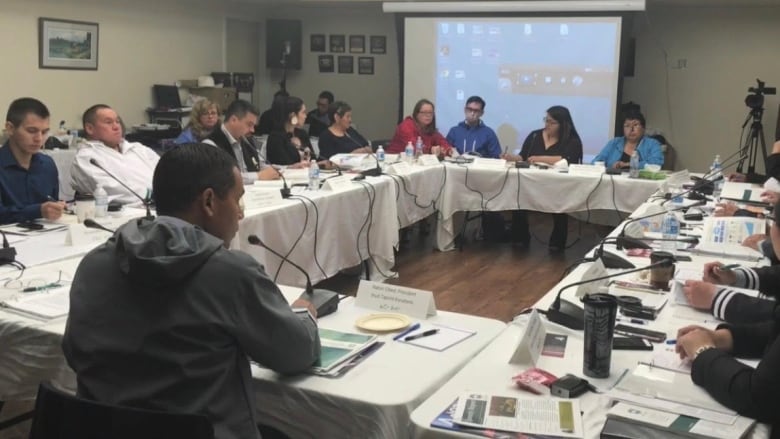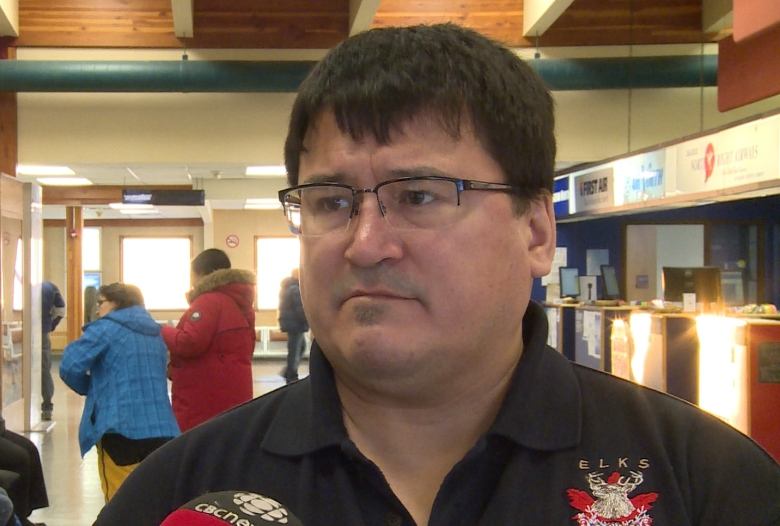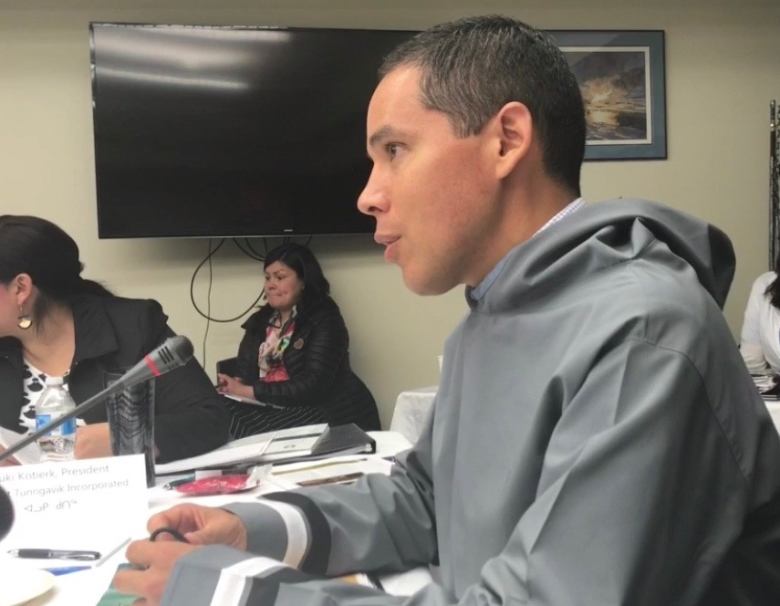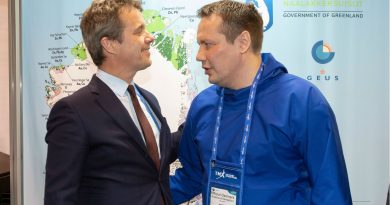Canadian Inuit say ‘urgency’ needed in child welfare changes

Child welfare changes and suicide prevention were among the topics discussed this past week by delegates at Inuit Tapiriit Kanatami’s (ITK) annual general meeting.
According to the organization, the federal government is considering making changes to child welfare policies. ITK said this could focus on the well-being of Indigenous children in care, preventing Indigenous children from unnecessarily being taken from their parents, supporting children once they are too old for care and family reunification.
While the impending reform is in the early stages, delegates at the meeting were hopeful about what it could mean for Inuit children.
“It’s a once-in-a-lifetime sort of opportunity for us to get national legislation working directly with the federal government,” said Duane Smith, chair and CEO of the Inuvialuit Regional Corporation.

“I see the urgency and the need for us to get this in place, because we’ve been playing second fiddle too long in regards to the well-being of our children.”
The federal government has been engaging with ITK and Inuit regions about proposed changes since June, according to the national organization. Those discussions are expected to continue until September.
According to ITK, the federal government hopes to push legislation on the proposed changes forward quickly so it’s tabled before the end of the fall sitting of Parliament.
“This is an ambitious time frame,” Smith said. “But we’re going to have to accept it if we want to see this get passed and done with this [federal] government.”
Suicide strategy
At the meetings this week, ITK also discussed what has been done over the last two years as part of its national suicide prevention strategy.

With funding from the organization’s national Inuit suicide prevention strategy, several Inuit regions developed programs to tackle issues like sexual violence and abuse, along with programs created specifically for men and youth.
The organization has also started mental health first aid training for Inuit across Canada.
ITK president Natan Obed, who was re-elected to a three-year term at last week’s meeting, led the discussion. During Obed’s first term, he was outspoken on the issue and secured federal spending on suicide prevention.
“What we’re hoping to do through this work is to provide […] protective factors that allow for people to live better lives so that they don’t enter into a place where they have mental health disorders [… and] other risk factors that lead to attempts or lead to deaths by suicide,” he said.
The two-day annual general meeting concluded Thursday.
Related stories from around the North:
Canada: Inuk woman ‘begging and pleading’ for help fighting tuberculosis in northern Canada, CBC News
Finland: Cancer rates in Arctic Finland below average, YLE News
Sweden: Report sheds light on Swedish minority’s historic mistreatment, Radio Sweden
United States: Feature Interview: Every Inuk needs to stand up and be counted, says new ICC chair, Eye on the Arctic



